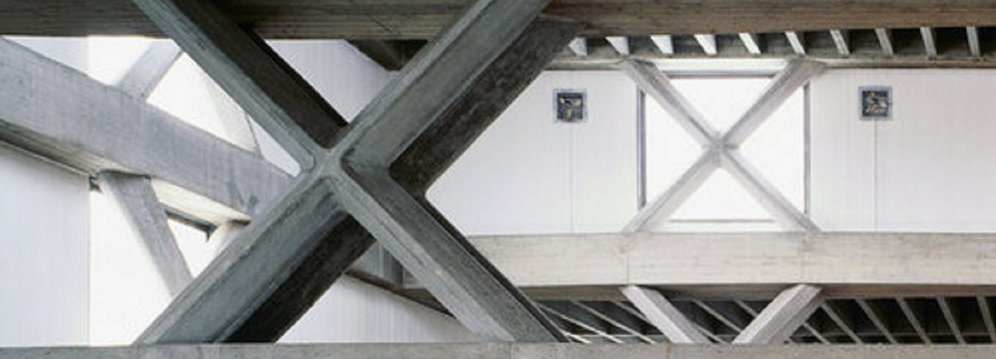
Institute of History and Theory of Architecture
The Institute teaches and researches the history and theory of architecture and urban development, with a focus on the 18th century onwards. It critically engages with global, transcultural and transreligious perspectives.
According to contemporary spatial, sociological and cultural-anthropological theories, architecture and urban design are lived art forms. They create human environments and thereby shape social behaviour. Thus architectural history and theory are fundamental to understanding society, culture, religion and politics. We explore the ways in which architecture contributes to the formation of identity, particularly in relation to national, cultural and religious life.
Our teaching and research activities seek to encourage and promote a critical understanding of the built environment. We examine architectural design histories and theoretical concepts; we discuss aesthetic qualities and iconographic structures. Understanding physical space as social space, we analyse its symbolic power and influence on collective practices and social habitus.
The Institute’s primary teaching and research interests include architecture of the (post-war) modern world in a global perspective; the sociology of space; and sacred architecture in relation to auratic sites. We engage in local and regional architectural history, herewith pursuing dialogue with related institutions.

